Mastercard (NYSE: MA) is currently trading at $517 per share. Over the past year, the stock has gained 12%, and over the last five years, it's up 99%, outperforming the S&P 500 during that period.
Examining Mastercard’s Latest Earnings
Today, we’re breaking down Mastercard’s earnings to determine whether the stock is a buy or sell using the following valuation methods:
- Discounted Free Cash Flow Model
- Comparable Company Model
- Dividend Discount Model
- Ben Graham’s Intrinsic Value Formula
Let’s enter MA to pull up Mastercard’s latest financial data.
Key Financial Metrics
Mastercard holds a market cap of $472 billion with a PE ratio of 37, higher than the market average of 27. The company reports earnings per share (EPS) of $13.89 and has a beta of 1.06, indicating slightly higher volatility than the broader market.
Analyst Ratings & Dividends
Analysts have rated Mastercard as a buy, setting a target price of $613 per share. The company pays a 6% dividend yield, equating to $3.10 per share, a stable payout that totals $2.8 billion—22% of net income and less than 21% of free cash flow.
Revenue – All-Time Highs
Mastercard’s revenue has reached a record high of $28.17 billion in FY24 earnings. Reviewing Q4 earnings, revenue has grown 14% year-over-year, from $6.5 billion to $7.5 billion.
- Net revenues are up 14%
- Payment network revenue has increased 13%
- Gross dollar volume rose 12% to $2.6 trillion
- Cross-border volume climbed 20%
- Transactions grew 11%
With these consistent gains, Mastercard’s financial strength appears solid.
Net Income & Free Cash Flow
Mastercard reports net income at an all-time high of $12.87 billion, alongside free cash flow of $14.13 billion.
- Operating cash flow vs. capex: Capex has increased, but operating cash flow remains strong.
- Share buybacks: Mastercard continues rewarding shareholders through repurchases.
Discounted Free Cash Flow Model
The discounted free cash flow model evaluates Mastercard’s valuation based on projected future cash flows.
- Initial valuation: $360 per share → Not a buy
- Revised revenue projection (~13% growth): Adjusting expectations to reflect $31B–$34B in upcoming years pushes valuation to $380 per share.
- Net income margins have declined, requiring a cautious approach.
- Bullish case: Free cash flow expectations could lift valuation to $466 per share → Still not a buy.
Dividend Discount Model
Applying the dividend discount model, adjusting expected growth rates:
- With an 8% growth rate, the model suggests $550 per share → A buy
- If growth slows to 7.8%, valuation remains appealing.
- Despite these estimates, this model is less reliable for Mastercard.
Ben Graham’s Intrinsic Value Formula
Mastercard is projected to grow at 17.37%, but Graham’s formula suggests an intrinsic value of $300 per share → Not a buy.
Comparable Company Model
To benchmark Mastercard, we evaluate key financial metrics:
- Revenue & revenue growth rates
- Net income & profit margins
- Price-to-sales, price-to-book, PEG ratios
- EV to revenue, EV to EBITDA, PE, and forward PE
Mastercard’s closest competitor is Visa (NYSE: V), along with Block (SQ) and PayPal (PYPL).
- Visa leads in market cap at $650B vs. Mastercard at $470B.
- Mastercard’s revenue growth is 11% year-over-year, higher than Visa.
- Profit margins: Second highest.
- Price-to-sales ratio: Lower than Visa.
- Price-to-book ratio: Highest.
- PEG ratio: Lower than Visa.
- EV/revenue: Lower.
- EV/EBITDA: Higher.
- PE & forward PE: Higher.
Final Verdict
Comparing Visa vs. Mastercard, the valuation suggests $493 per share → Not a buy, but very close.
Both Visa and Mastercard remain top-tier stocks, consistently outperforming the market. Their strong revenue streams, expanding margins, and high free cash flow make them solid investments.
While valuation models suggest Mastercard may be slightly overvalued, the company’s financial stability remains impressive.
Would you consider adding Mastercard to your portfolio?
https://youtu.be/83UEhRfjhGk?si=mG9JNEk95U0lWlEw
Similar Stocks to Mastercard
| Company |
Symbol |
Why It's Better Than MA |
| Visa Inc. |
V |
Visa has a larger market cap and higher revenue than Mastercard, making it a more dominant player in the payment processing industry. |
| Fiserv, Inc. |
FI |
Fiserv offers a broader range of financial technology services beyond payment processing, providing diversified revenue streams. |
| PayPal Holdings, Inc. |
PYPL |
PayPal has a strong presence in digital payments and e-commerce, positioning it well for future growth in online transactions. |
| Adyen N.V. |
ADYEY |
Adyen has shown impressive growth in international markets and offers a seamless payment solution for global businesses. |
| Fidelity National Information Services, Inc. |
FIS |
FIS provides comprehensive financial services, including banking solutions, making it more diversified than Mastercard. |
https://youtu.be/83UEhRfjhGk?si=NnqWCwHxQKtmH1VG
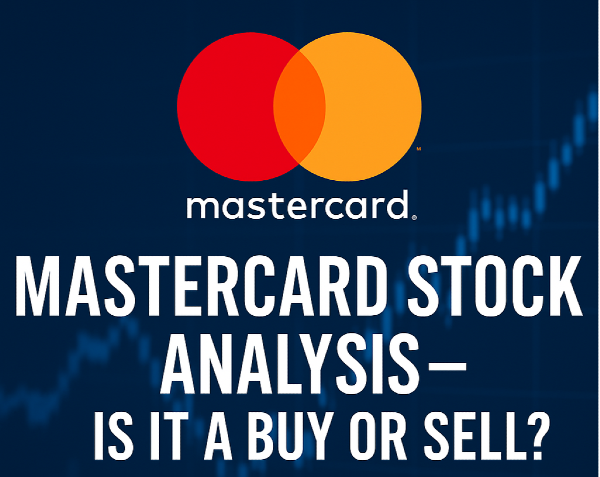


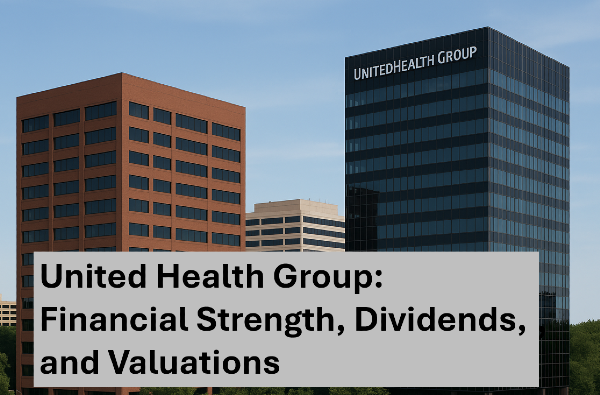
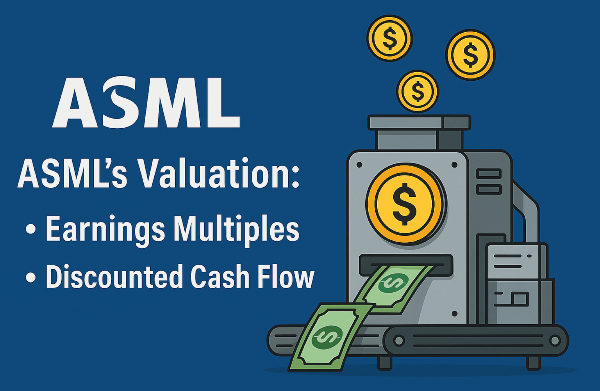
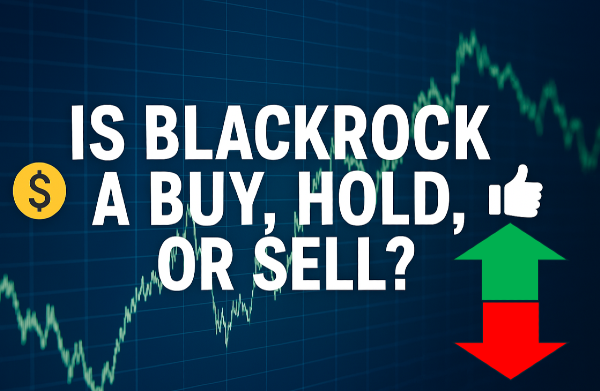
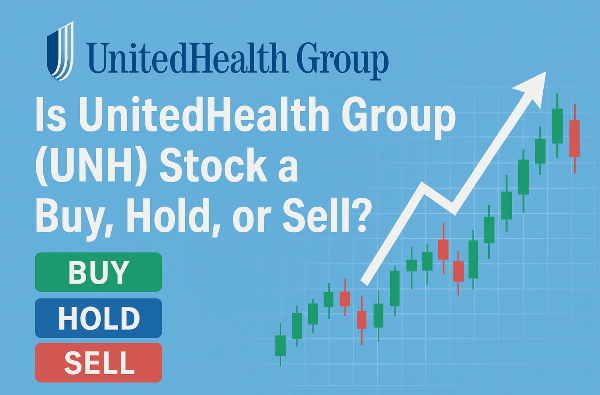
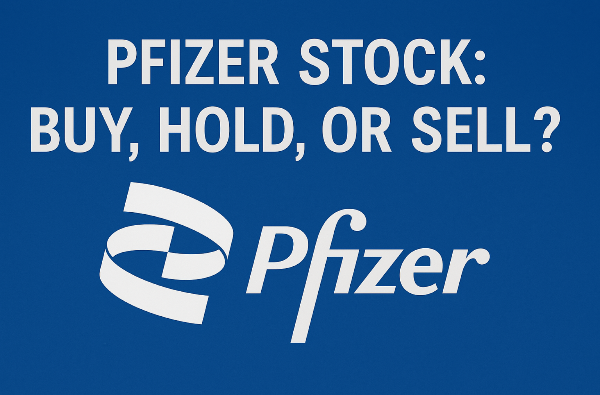
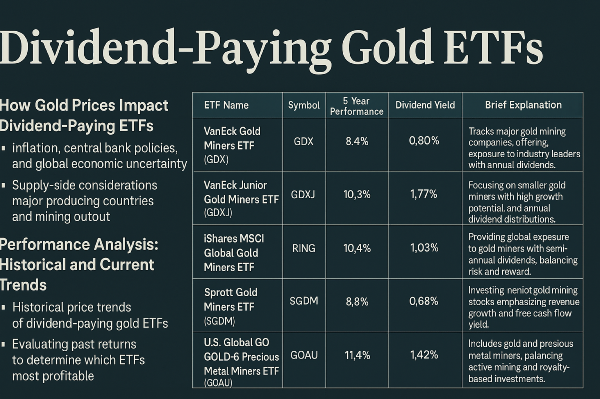

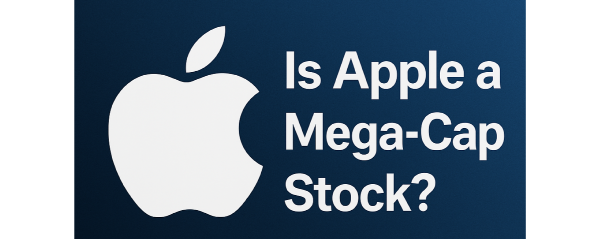
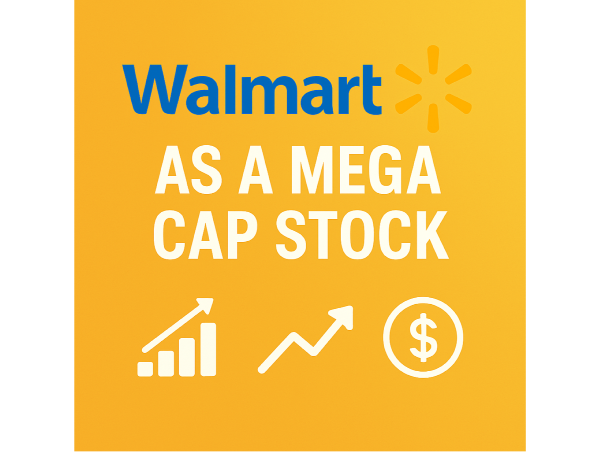
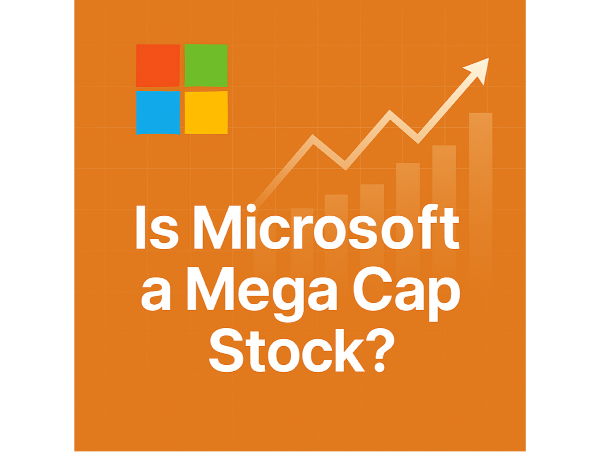

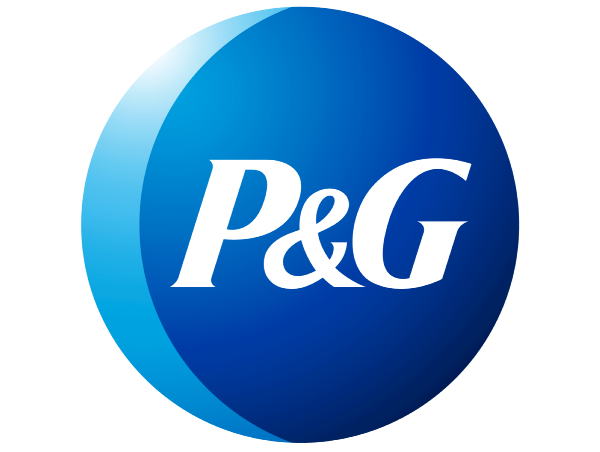

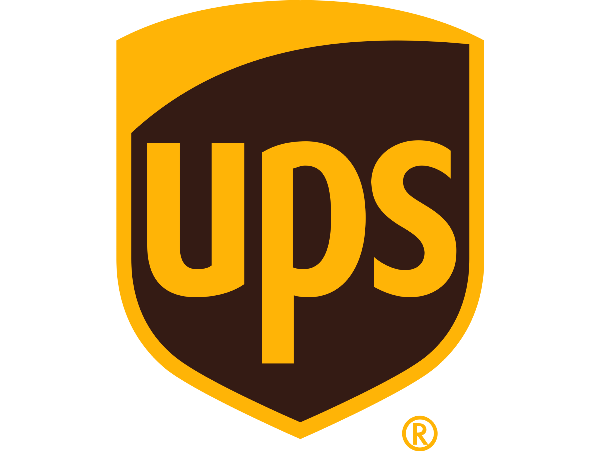
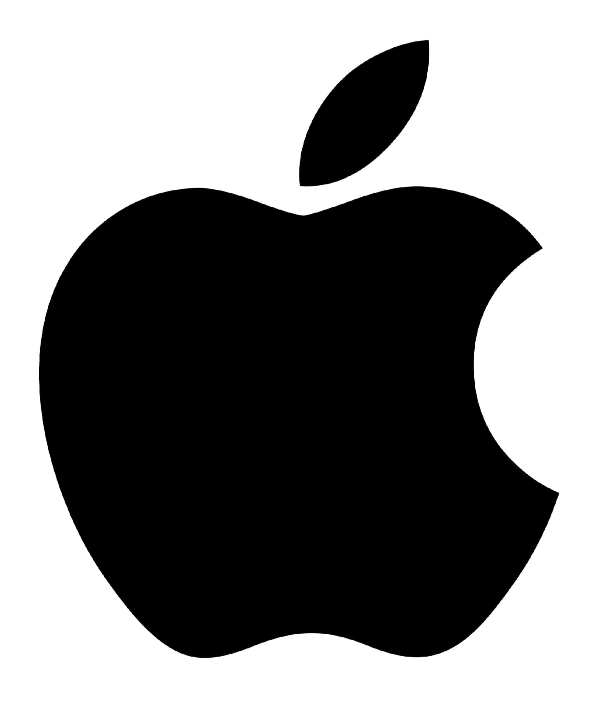

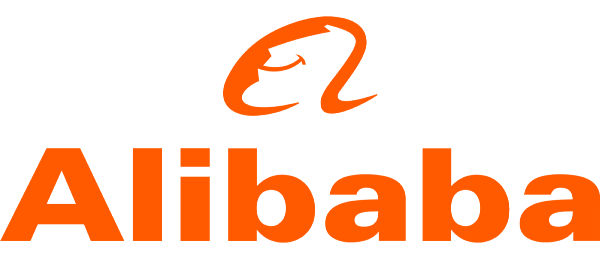
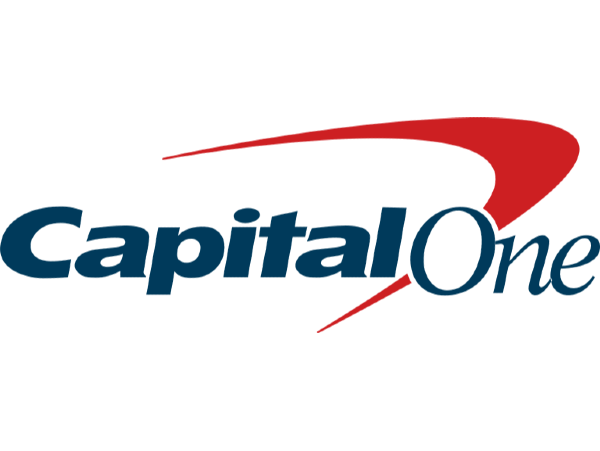
Mastercard (NYSE: MA) is currently trading at $517 per share. Over the past year, the stock has gained 12%, and over the last five years, it's up 99%, outperforming the S&P 500 during that period.
Examining Mastercard’s Latest Earnings
Today, we’re breaking down Mastercard’s earnings to determine whether the stock is a buy or sell using the following valuation methods:
Let’s enter MA to pull up Mastercard’s latest financial data.
Key Financial Metrics
Mastercard holds a market cap of $472 billion with a PE ratio of 37, higher than the market average of 27. The company reports earnings per share (EPS) of $13.89 and has a beta of 1.06, indicating slightly higher volatility than the broader market.
Analyst Ratings & Dividends
Analysts have rated Mastercard as a buy, setting a target price of $613 per share. The company pays a 6% dividend yield, equating to $3.10 per share, a stable payout that totals $2.8 billion—22% of net income and less than 21% of free cash flow.
Revenue – All-Time Highs
Mastercard’s revenue has reached a record high of $28.17 billion in FY24 earnings. Reviewing Q4 earnings, revenue has grown 14% year-over-year, from $6.5 billion to $7.5 billion.
With these consistent gains, Mastercard’s financial strength appears solid.
Net Income & Free Cash Flow
Mastercard reports net income at an all-time high of $12.87 billion, alongside free cash flow of $14.13 billion.
Discounted Free Cash Flow Model
The discounted free cash flow model evaluates Mastercard’s valuation based on projected future cash flows.
Dividend Discount Model
Applying the dividend discount model, adjusting expected growth rates:
Ben Graham’s Intrinsic Value Formula
Mastercard is projected to grow at 17.37%, but Graham’s formula suggests an intrinsic value of $300 per share → Not a buy.
Comparable Company Model
To benchmark Mastercard, we evaluate key financial metrics:
Mastercard’s closest competitor is Visa (NYSE: V), along with Block (SQ) and PayPal (PYPL).
Final Verdict
Comparing Visa vs. Mastercard, the valuation suggests $493 per share → Not a buy, but very close.
Both Visa and Mastercard remain top-tier stocks, consistently outperforming the market. Their strong revenue streams, expanding margins, and high free cash flow make them solid investments.
While valuation models suggest Mastercard may be slightly overvalued, the company’s financial stability remains impressive.
Would you consider adding Mastercard to your portfolio?
https://youtu.be/83UEhRfjhGk?si=mG9JNEk95U0lWlEw
Similar Stocks to Mastercard
https://youtu.be/83UEhRfjhGk?si=NnqWCwHxQKtmH1VG